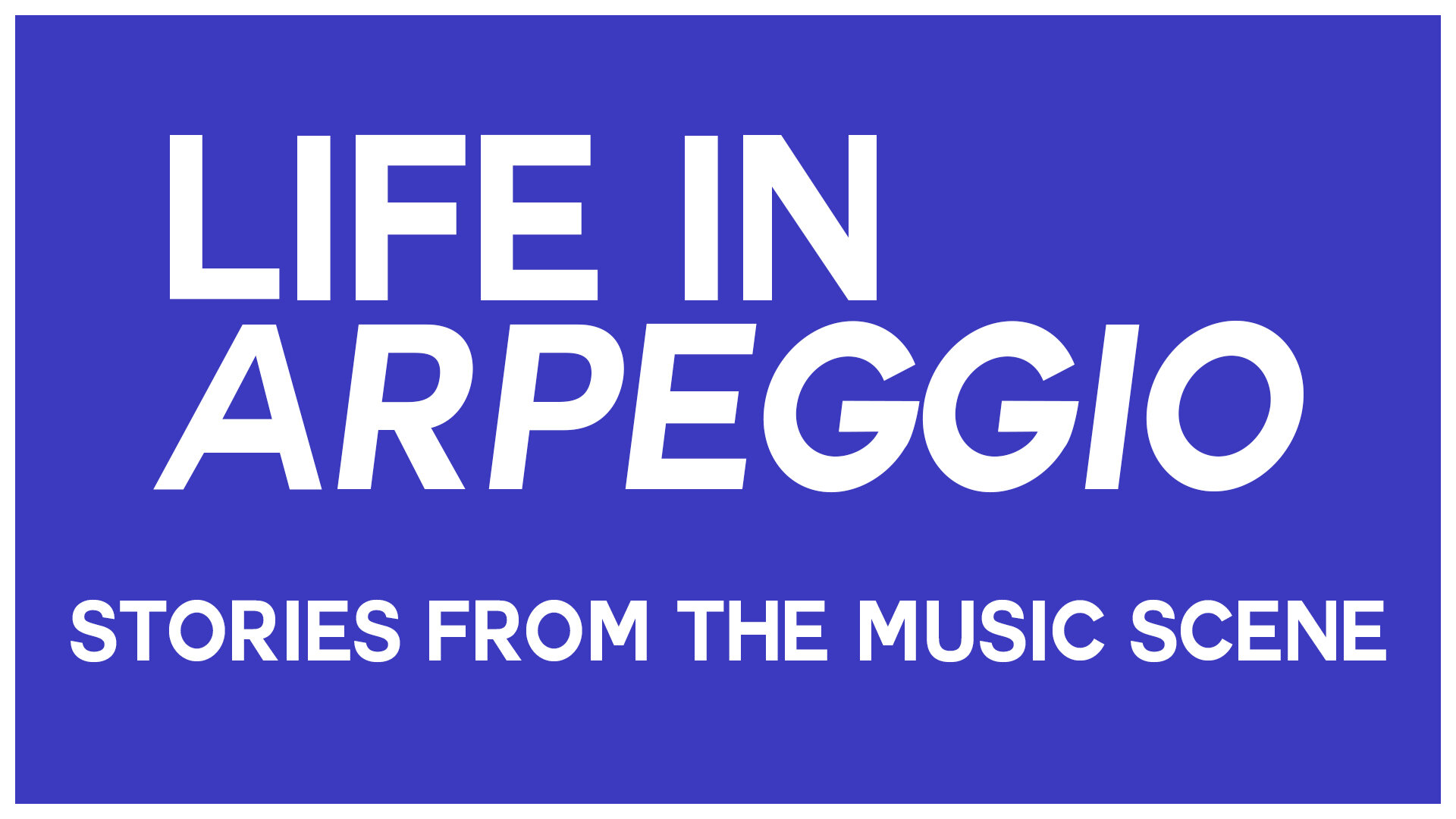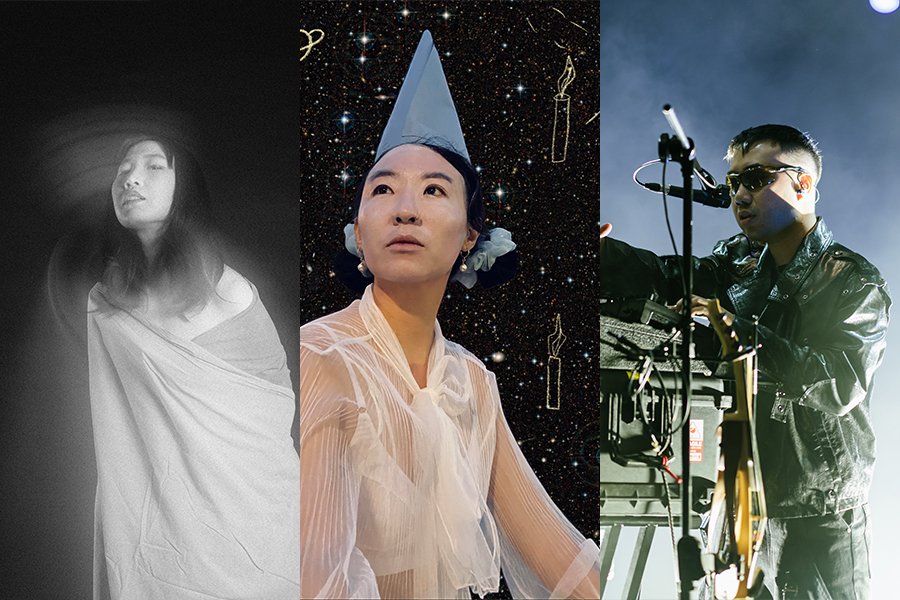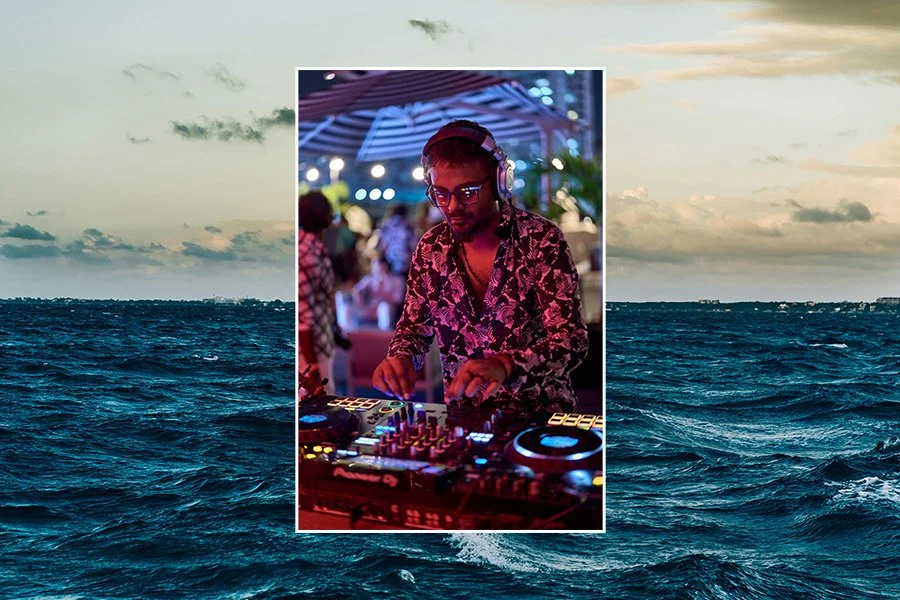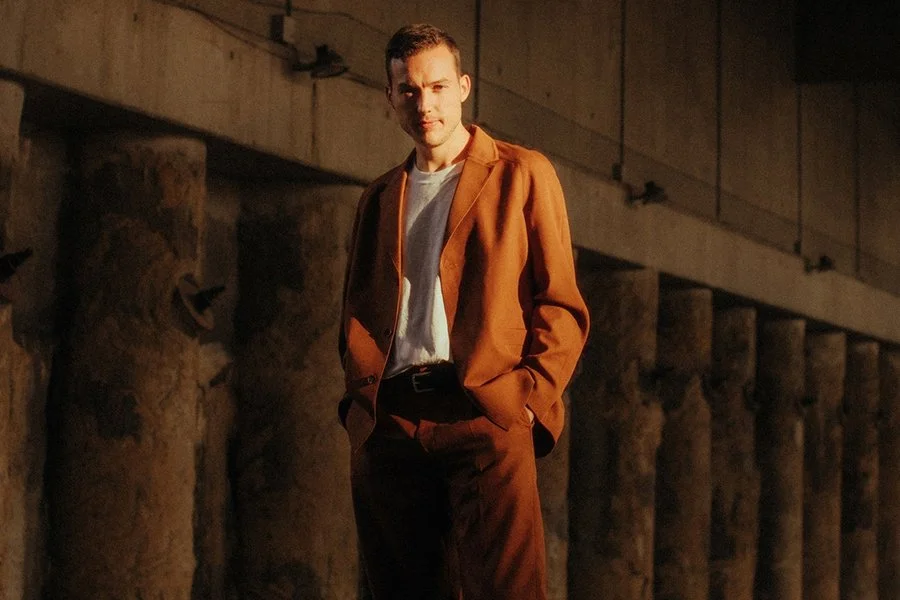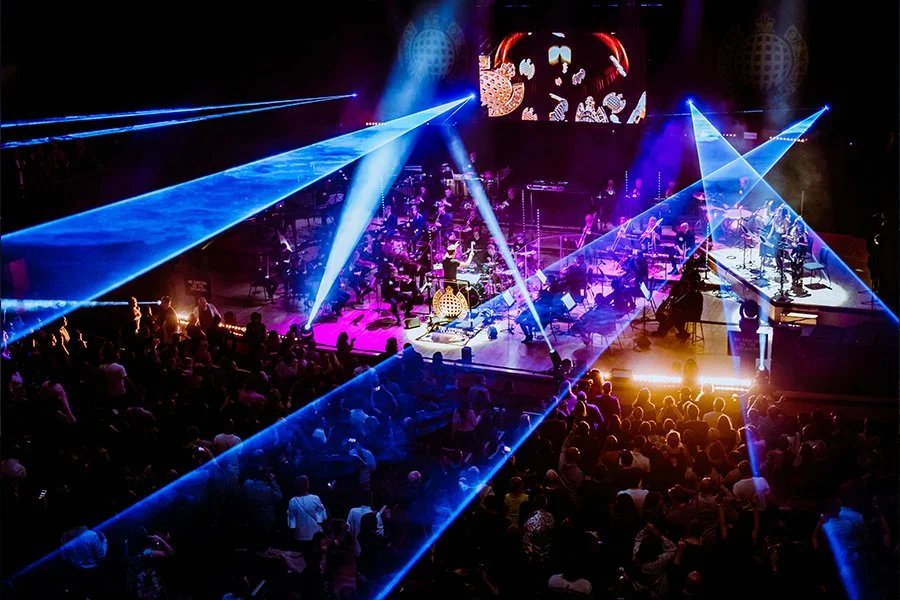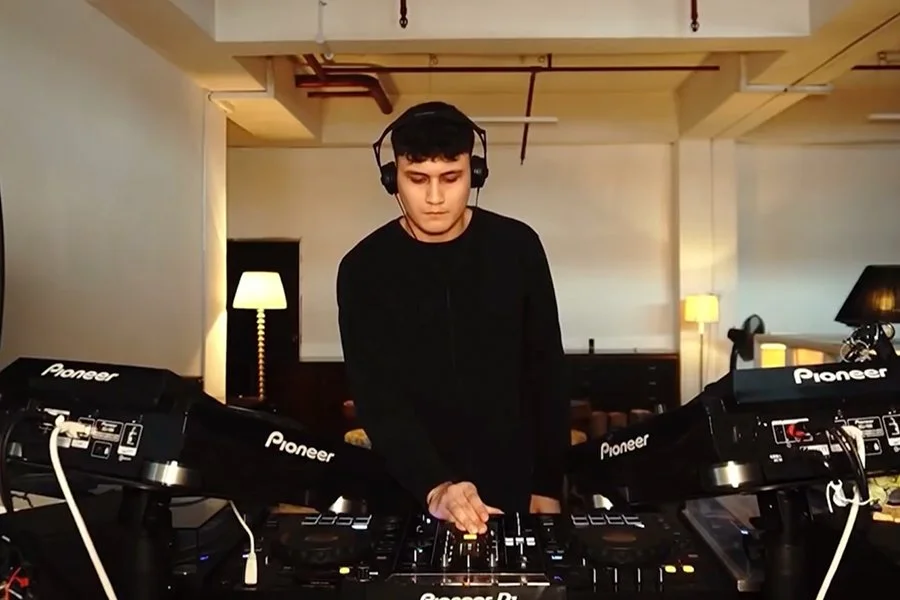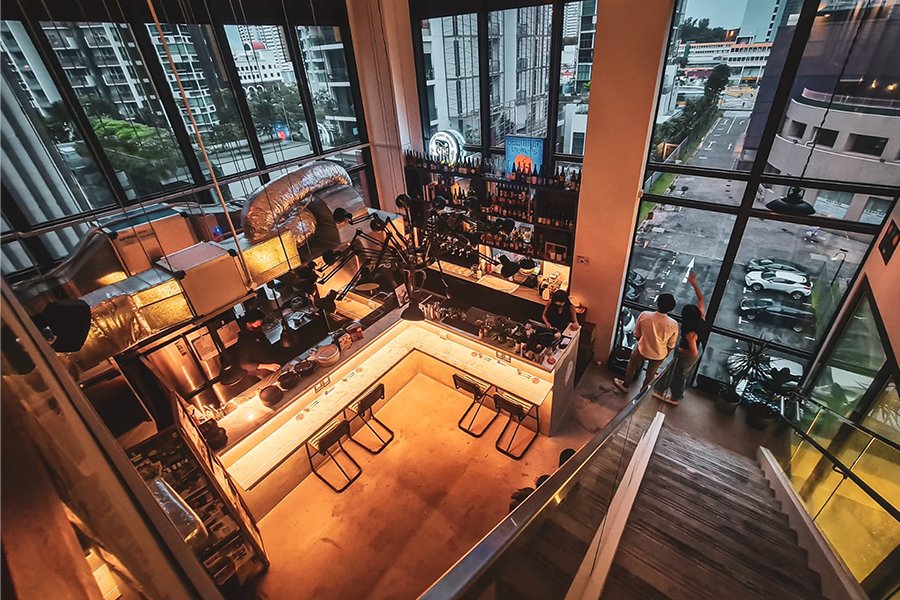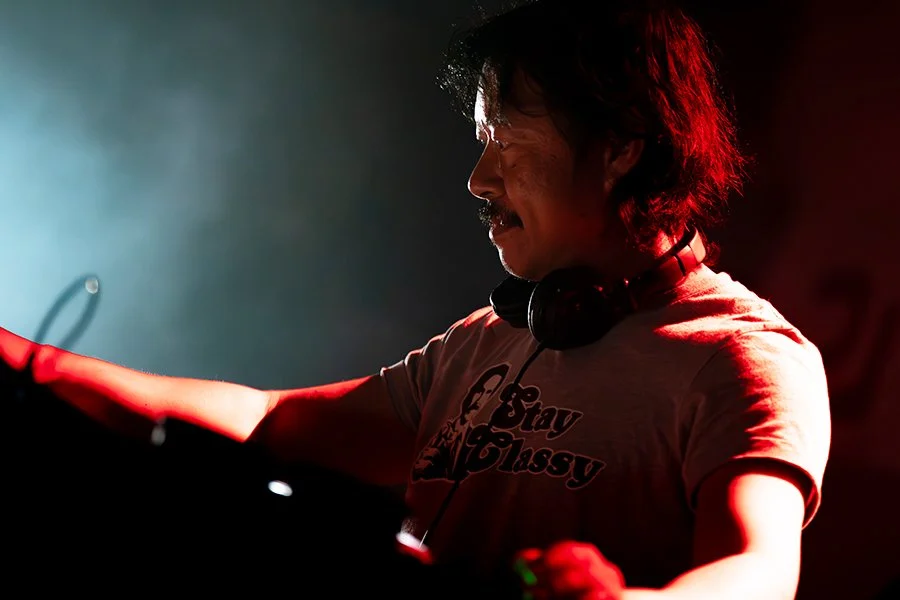From Gqom To Amapiano, Afrodisia Is Bringing African Electronic Music To Our Shores
Introducing the tribe of Afrodisia (Credit: All images courtesy of Afrodisia)
Even within a tiny dot-tropolis like Singapore, you can find the enormity of the world. And you’ll spot this melting pot phenomenon stirring curiosity in the local party scene. The raving activities of Afrodisia are testament to this disruptive cosmopolitan propagation – the entity of African electronic music coming to life all the way in this microcosm of Southeast Asia? Who woulda thunk? Just when you think you’ve encountered it all, Afrodisia carves out another esoteric slice of dance music that’s thriving, all while carrying the culture of an entire continent on its shimmying shoulders.
As de facto ambassadors of this multi-layered musical offshoot, Afrodisia is a collective of four members who share a unique bond of camaraderie. Comprising the DJ quartet of Jasmyn, Rushmo, Sadat and Alx, Afrodisia represents more than a reverence for the globetrotting sound, but also a vivid reminder of home for some of its members. With disparate origins ranging from Egypt to South Africa, the Afrodisia crew possess pride in their cultural memories and upbringings, and they’re now bringing their gifts to a scene that’s welcomed them with open arms.
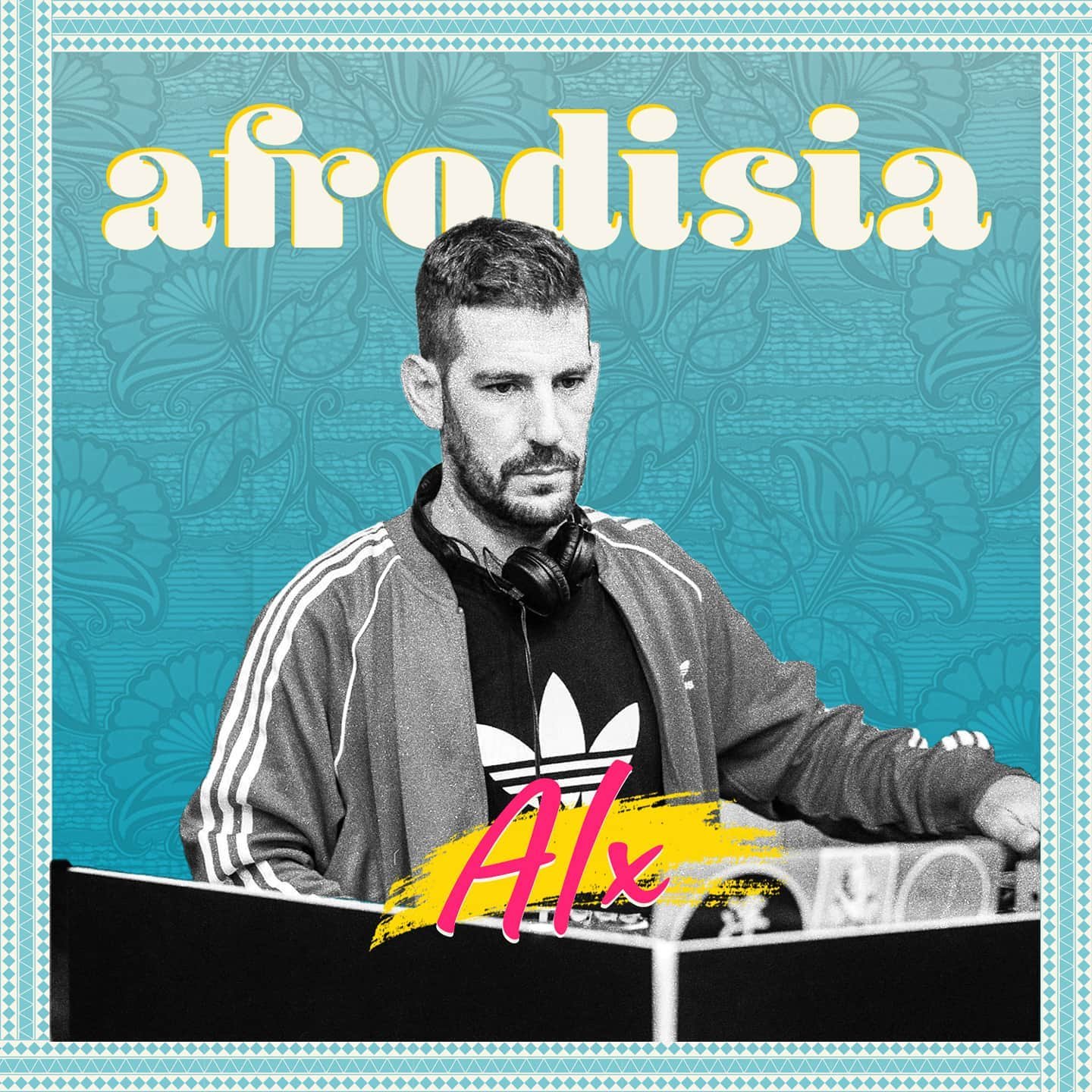
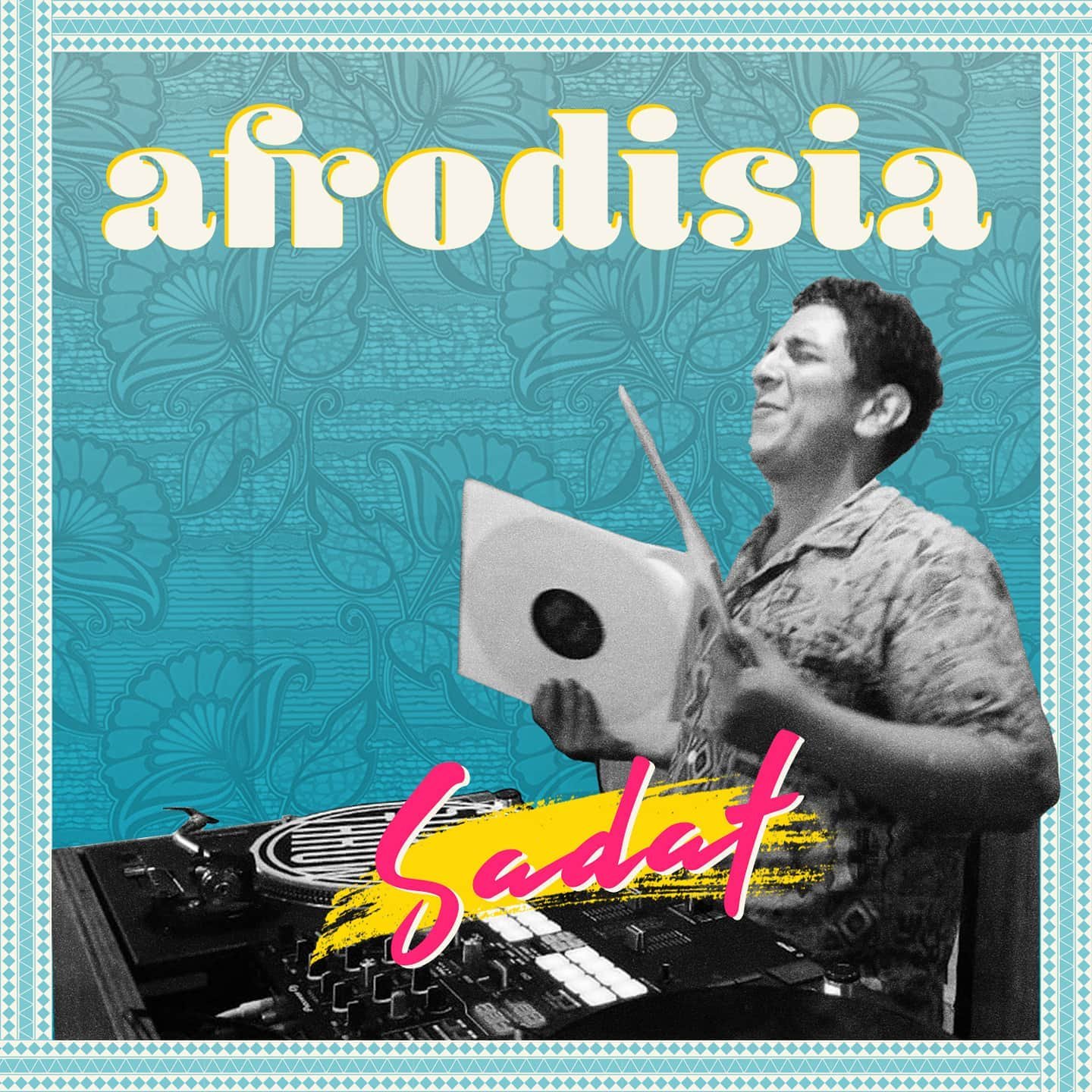
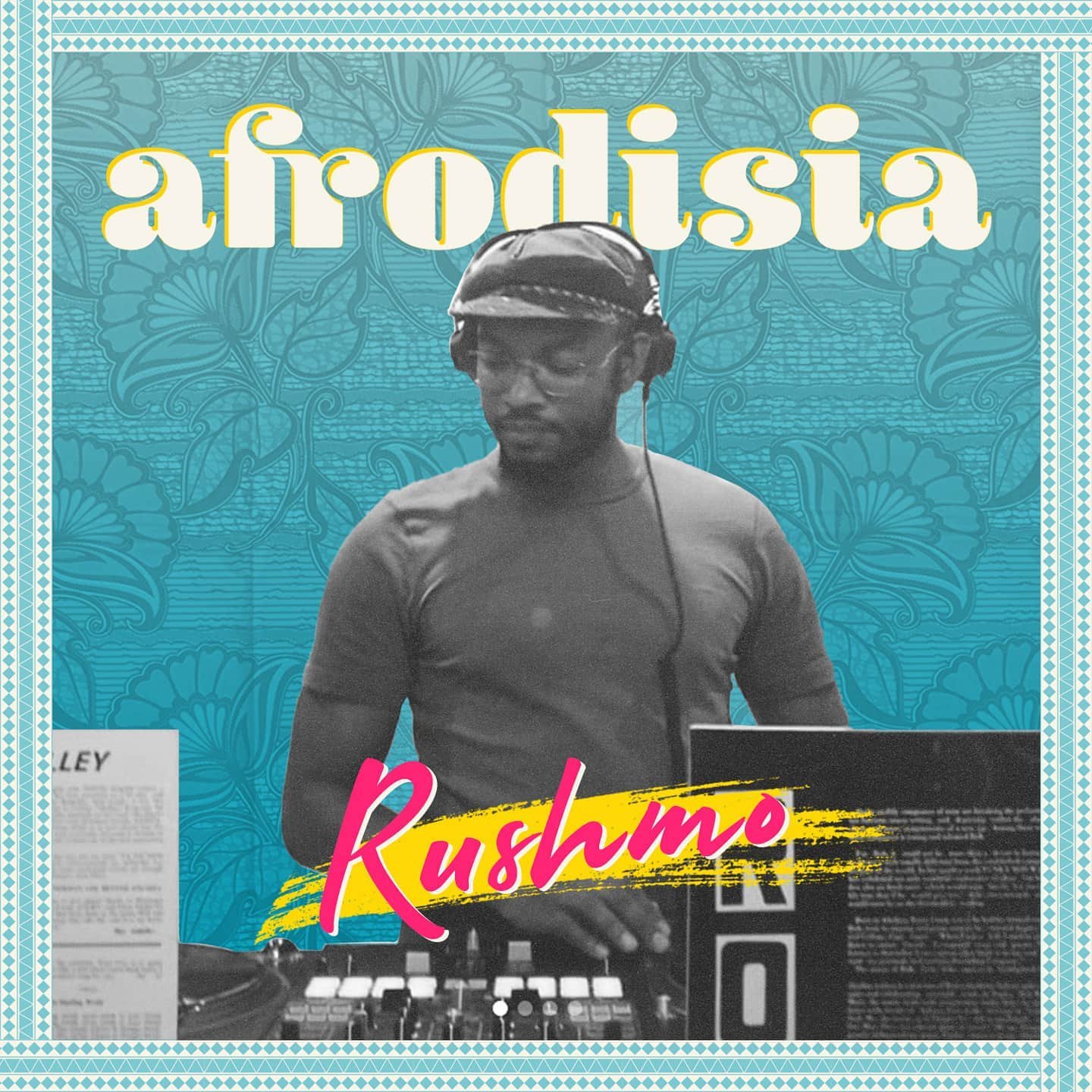
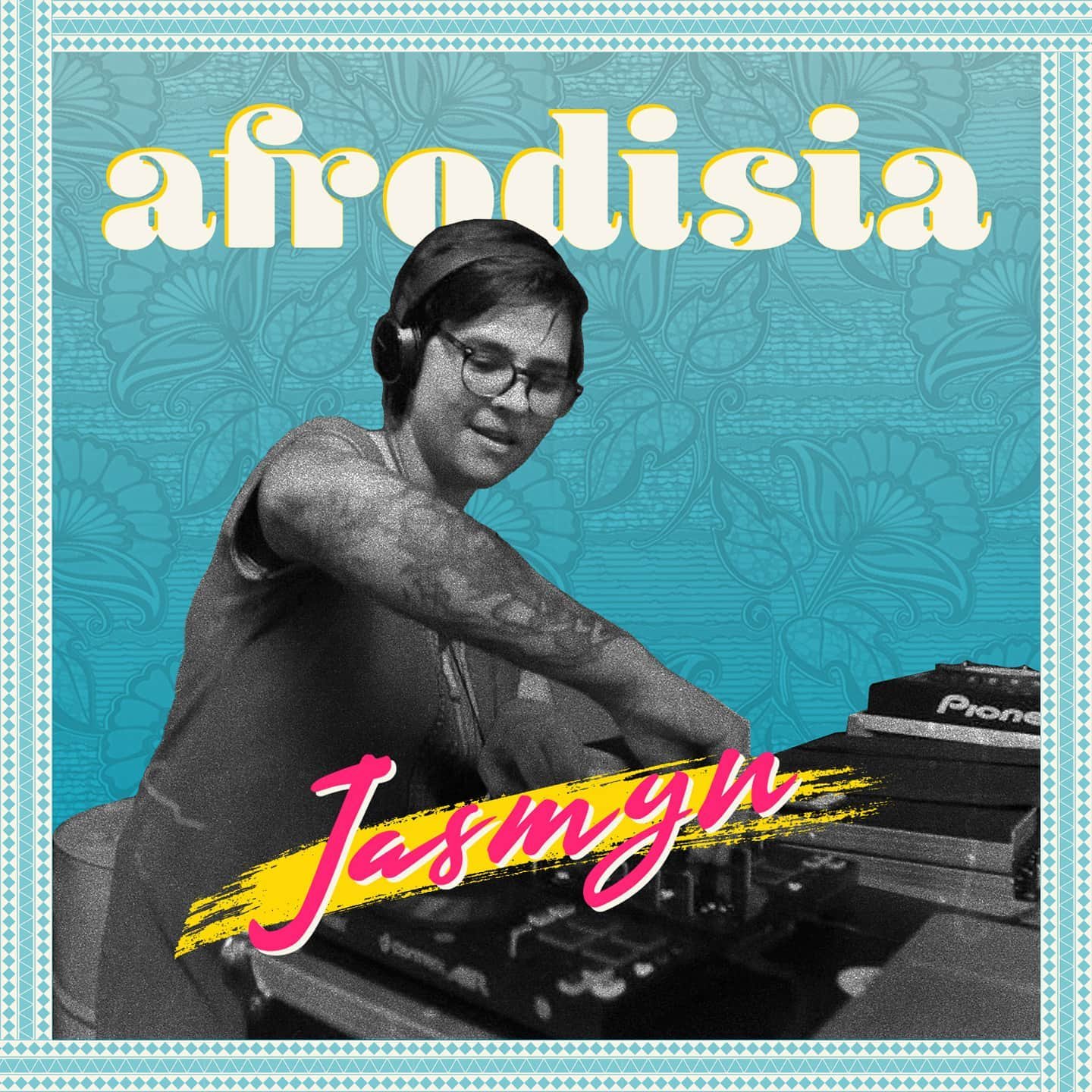
Kicking off in the beginning of 2019, Afrodisia has since held a firm residency at The Projector, with other sporadic appearances at venues like Camp Kilo Charcoal Club and Choice Cuts Goods + Coffee. Afrodisia’s events intend to unravel the perception that African electronic music is more than just Afrobeat or Afrohouse, educating revellers with native genres like kwaito, gqom, and amapiano; sounds that’ve, in case you didn’t know, stretched their influence across the global community. African electronic music is much bigger than you think, and Afrodisia is here to share the wisdom – party after party.
So put on your explorer’s cap and get ready to expand your library. I speak with the collective members to find out more about the intrepid growth of their vision. This goes beyond entertainment. This is preservation of identity and culture under the aegis of Afrodisia.
Afrodisia has held a longstanding residency at The Projector
When people think of the party scene in Singapore, African music isn’t usually the first thing that comes to their mind. How did the Afrodisia story come about? What fuelled its creation?
Jasmyn: Afrodisia came about because we were missing home. We wanted to start a collective where we could feel closer to home and also share the music from the continent of Africa that was varied and wide to show people that it's not just one type of sound; that there is so much more that the continent has to offer
Rushmo: Upon arrival to Singapore in 2018, I wrote to a few event organisers and venues to get some slots playing at events but nothing much came of it. Jasmyn and I attended a few events when we got the chance to go out, and quickly recognised who the interesting people in the scene were. It became clear that the DJ scene here in Singapore was quite similar to other cities I've lived in – Joburg, my hometown, and Berlin where I spent a year in 2012. To cut the long story short, I'd say Afrodisia was born out of the need to connect with like-minded people and be part of the DJ scene in Singapore. It was also a way for us to DJ regularly. We had to create our own scene and following.
Several members of Afrodisia have African origins which help colour their music
Sadat: Afrodisia is three people who met over the randomest of circumstances, realising their common denominator was music – Afro music – which naturally led to the creation of a music collective.
Afrodisia was created to showcase and celebrate the best of African music. For the open-minded, an array of beats inspired by African music and culture. The essential objective amid sets is to strike a harmony between Afrodisia’s dynamics and presenting to the crowd new sounds that they were not mindful they loved.
Since our connection through the music formed seamlessly enough, we wanted to translate that energy to the crowds we played to as well. Since the music is an ambrosial mix of melodic enlightenment in a natural way, it gets raw, gritty and acts as a root of survival. And through that primitive connection, we felt that could be the basis of connection to people, wherever we play.
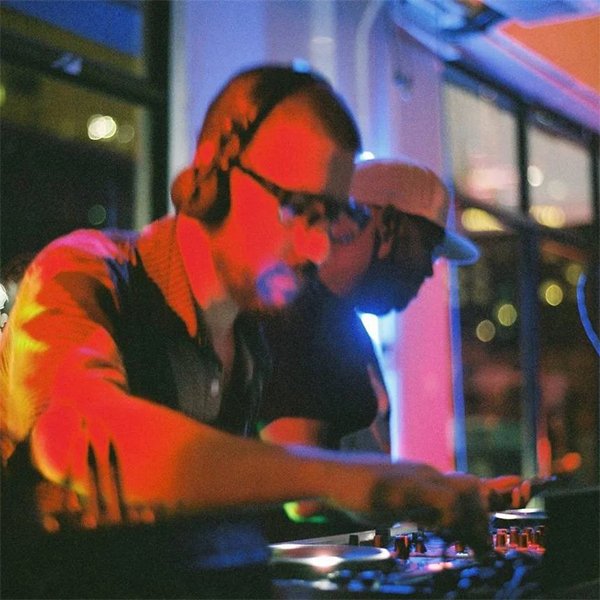
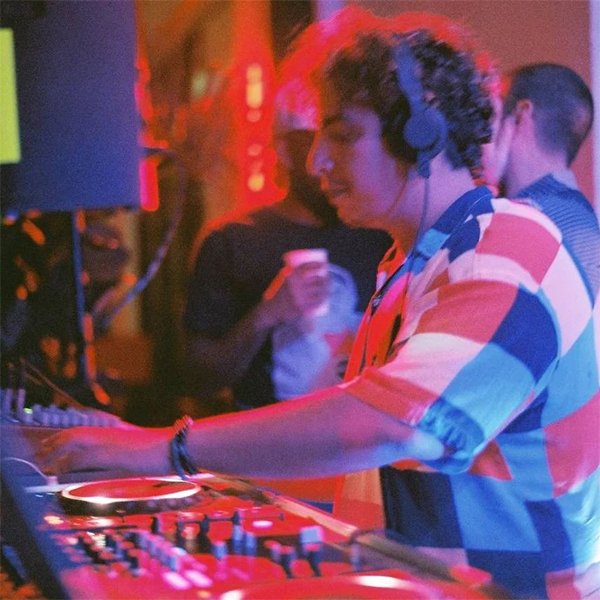
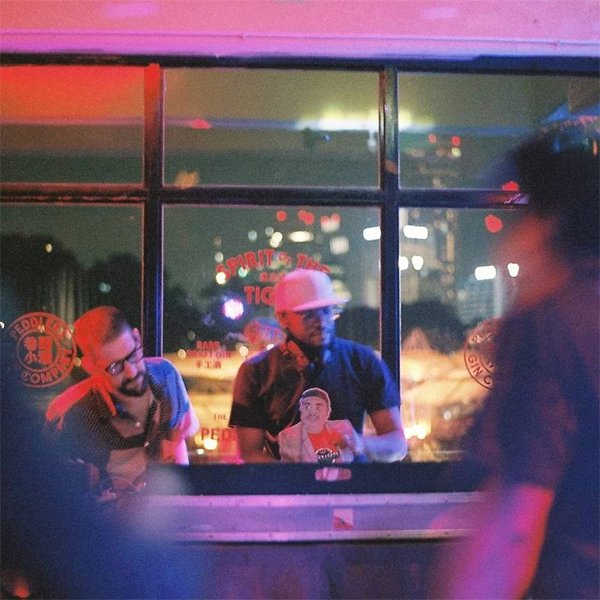
The Afrodisia crew currently consists of the four of you – Sadat, Rushmo, Jasmyn and Alx. How did all of you meet? Did your individual origins stem from a pre-existing love for this sound and culture?
Jasmyn: It's a strange story. We met Souher, Sadats sister, and she invited us to meet with Sadat – who was playing sets at The Projector – saying her brother had a love for Afropop and it was such a synchronous connection. When we met, we fell in love as family, we fell in love as friends and we have been connected ever since; it's been four years now.
Rushmo: What was interesting is that Sadat was into a few South African genres that were popular in the ’80s and ’90s, like bubblegum and kwaito. I didn't expect some kid in the middle of Southeast Asia to know anything about South African music. That pretty much sealed the deal for me.
We met Alx at an event hosted by Revision Music. I was booked to play at the event and so was he, and we connected almost instantly. We shared similar musical interests ranging from reggae to drum & bass. He also makes beats and we're both sound engineers. We soon started hanging at Alx's studio and also played a few events together. We also had a three-month residency at a really strange bar in Clarke Quay, but we hated it for many reasons; I won't mention the name. Anyway Alx joined the crew about two years after we met him.
In terms of sound for Afrodisia sets, what does each of you specialise in? What does each DJ bring to the Afrodisia table?
Sadat: Each DJ shares the vibrations, the motions and the movements from all corners of Africa – North, South, East and West.
Jasmyn: Each of us has a very particular style of playing. Jasmine brings a house set to the floor with a mixture of kwaito and deep house. Rashid and Alex have a varied style from amapiano and gqom, to house and Afropop. While Sadat brings in music from the Northern parts of the continent since his family comes from Egypt, so he has a beautiful feel and influence of the region’s sounds sprinkled with electronic feels.
Rushmo: The simple answer would be we try to express our personal musical tastes under the Afro theme. Part of the objective is to introduce people to other danceable styles of African music, not just play the expected genres like ‘Afrobeats' or “Afrohouse” that have made a huge global impact.
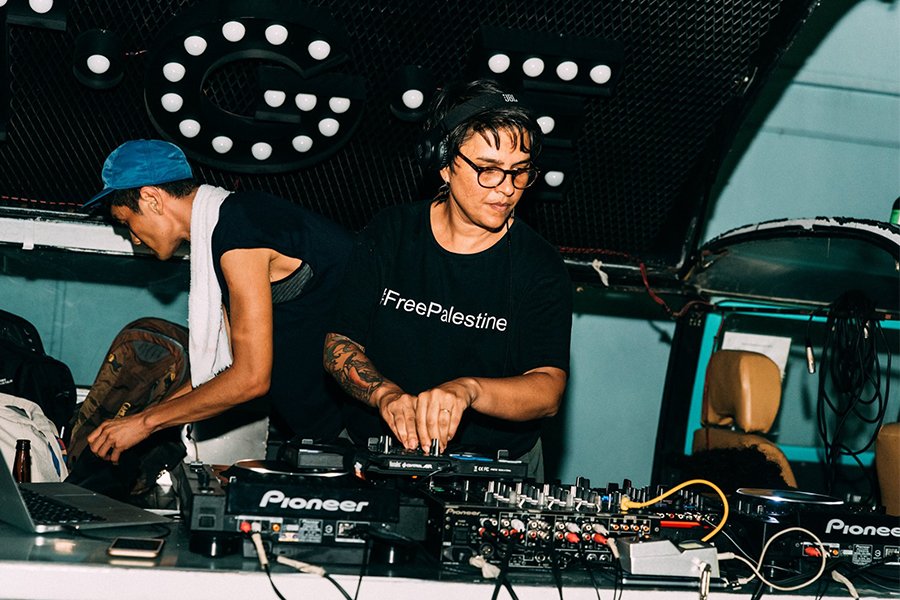
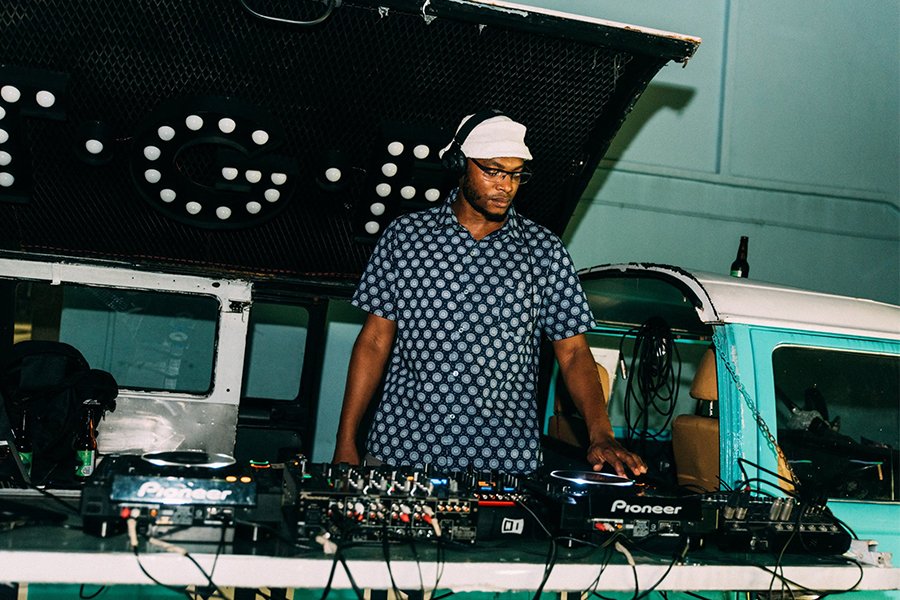
African electronic music is a diverse spectrum with specific genres like amapiano, gqom and kwaito. In your opinion, is African electronic music a beast that’s constantly evolving, or one that tends to stay rooted in tradition?
Sadat: Well yes, the base is where it all started and we wont forget that. And yes, African electronic music is coming out from all fronts and we are evolving with the times too.
Rushmo: In the South African context, I'd say its always evolving. Kwaito for example evolved from international house music and bubblegum (synth disco pop) which was popular in the ’80s. In the early ’90s, DJs would remix international house records and slow the tempo down to give them a local flavour. In the mid to late ’90s, you can hear a bit of hip-hop, dancehall and r&b influence in kwaito music. I'd consider gqom and amapiano by-products of kwaito music.
When it comes to ‘Afrobeats’, (as in the current popular music of West Africa), I'd love to hear how that evolution happened. It’s fascinating how this has almost become the global pop sound; everyone jumped on it including guys like Ed Sheraan and Drake. One thing that is clear is the distinct drum pattern that was created by Tony Allen and popularised by the classic Afrobeat music of Fela Kuti and others.
Jasmyn: I think African music constantly evolves and I think we are the game-changers. I think it's only going to keep evolving. The only tradition is to have the beats that move you!
How has it been pushing these African rhythms in a country like Singapore? Do you educate the floor? And how has the response been?
Jasmyn: To watch people move to songs and rhythms that are so close to home, and see how they interpret those sounds in body and movement and appreciate it is one of the most overwhelmingly beautiful things I have experienced. The joy and love of music is to share it and the response we've had in Singapore has only filled us with and love and acceptance. Sometimes we get people asking if this is really African!
Rushmo: The response has been good overall. We have a small group of loyal followers who come to our events with an open mind and are happy to take this journey with us. When we started, the challenge for me was to get people interested without being predictable, pretentious and cheesy. There's a lot of people who come in expecting us to play Afrobeats and only Afrobeats, especially the different dance groups we engage with on social media. I blame this on TikTok and pop culture.
It would really be nice to have mass appeal, but I think this would come at the cost of our personal and collective creative vision. We love discovering new or rare music and sharing it with people.
“African electronic music is coming out from all fronts and we are evolving with the times too.”
Sadat: Music and dance are an integral part of the African culture. It stays rooted in its means of communication. The music can vary hugely throughout Africa but has a simple similar purpose, like for storytelling, welcoming heroes, and religious ceremonies. Music is seen to illustrate the importance of human life, to connect people and to support the sense of community.
In a country like Singapore, we believe it’s all within good time and place before it spreads. Education through open-mindedness creates curiosity within the masses. We feel that, with a party with music and fun, it’s the smoothest way to spread the love. It’s been fruitful, thus far. Educating the floor with music also feels somewhat like being a pilot, bringing your passengers on a flight, keeping them safe through turbulence and landing them happy.
Afrodisia occasionally throws events that combine music, food and culture
Aside from music, Afrodisia also hopes to promote food and culture from the African community. Can you tell us more about this multi-disciplinary approach?
Jasmyn: If you want people to experience culture, there's so much that is involved in it. It's music, it's art, it's food, and we really want to try and incorporate as much of home as we can here. I think it stems from us missing home and missing those experiences, so it's cathartic for us to bring it here. I don't think you can separate the art from the music and the music from the food. And when you bring them all together, you allow for an all-rounded experience.
And now that the scene has been revived, what would you like for Afrodisia to achieve in the journey ahead? Can African electronic music blow up in Singapore, you reckon?
Jasmyn: I would love to throw a full Afrodisia music festival, and get families to come and dance and eat and be part of the new sounds that is home. We'd also love to travel the region and take the music to other countries. And hell yeah to African sounds blowing up in Singapore!
